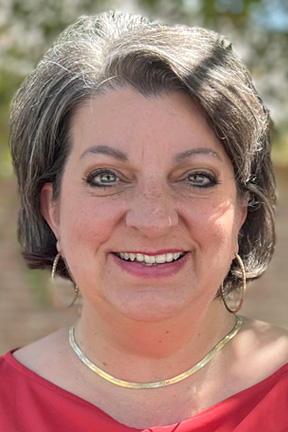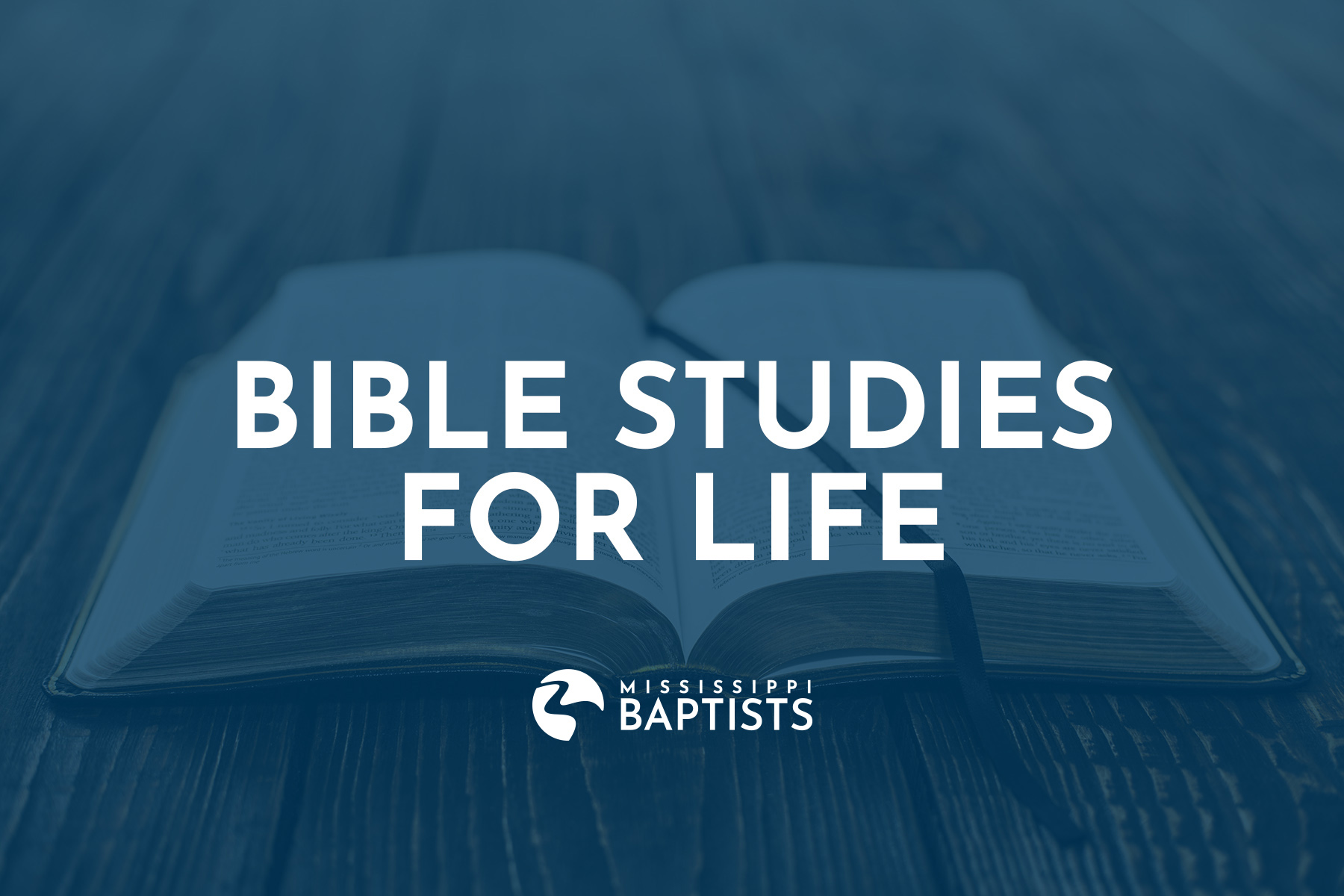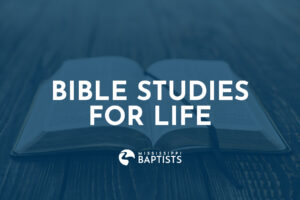The Greatest Sin • Matthew 12:22-32
By Melody Mercer

This week we find Jesus healing again, and an even stronger disapproval from the Pharisees. He heals a man who is demon-possessed, blind, and mute. That was a lethal combination for that poor man. I honestly wish we had been told more about him. This was definitely a life changing miracle. “All the crowds were astonished and said, “Could this be the Son of David?” (v. 23 CSB). It wasn’t until the Pharisees heard the crowd say this that they stepped in. They accused Jesus of “driving out the demons only by Beelzebul, the ruler of demons” (v. 24 CSB).
I really had to dig into my study Bible for this lesson, and I found some interesting facts. Beelzebul was probably an ancient name for Baal, which competed for worship with God in the Old Testament. Satan himself was deemed to be the spirit at work in Baal worship. Because of this, Beelzebul became an alternate name for Satan (CSB Study Bible) .
Just like last week, Jesus knew what the Pharisees were thinking and had His answer ready for them. He asked them, “If Satan drives out Satan, he is divided against himself. How can his kingdom stand?” (v. 26 CSB). Jesus reminded them that no city, house, or kingdom can be divided against itself and stand, so surely Satan isn’t going to contradict himself. Jesus takes it further by asking the Pharisees by whose authority were their “disciples” casting out demons. That would also put them in the same league as Satan. Jesus’s ability to drive out demons showed that the kingdom of God was overtaking Satan’s kingdom (CSB Study Bible).
He next uses imagery that we can all relate to. If someone goes into another’s house, he can’t take anything until he binds up the “strong man,” or owner. Once the owner is taken care of, everything is up for grabs. The deeper meaning here is that Jesus is the one “tying up” or binding the owner, Satan, so he can “plunder the house” or take Satan’s captives as citizens of His own kingdom (CSB Study Bible). Another image that comes to my mind is the old song, “The Champion” by Carmen. The context is Jesus and Satan in a boxing ring, and of course Jesus wins. Satan may be the prince of darkness, but Christ has already won the battle. Carmen had the best songs, but I digress.
The next thing He tells the Pharisees is that you’re either for me or against me. “…and anyone who does not gather with me scatters” (v. 30b CSB). There will be no sitting on the fence, nothing lukewarm, you’re either hot or cold (Rev. 3:16). The demands of the world and Jesus are so opposite, that no one can be neutral (CSB Study Bible).
Here is where we get to the crux of the lesson: The Greatest Sin. The Pharisees had so much proof right in front of them. They had the Law, they had the Son of God, and they saw the miracles with their own eyes, but they still wouldn’t believe. “Therefore, I tell you, people will be forgiven every sin and blasphemy, but the blasphemy against the Spirit will not be forgiven” (v. 31 CSB).
I love to teach my students about the origin of words, so here is our lesson for today. Blasphemia is a Greek noun that comes from a compound verb meaning to speak evil against (blas – evil; phemi – to speak), slander or revile (CSB Study Bible). Jesus, of course, claimed that He casts out demons “by the Spirit of God” (v. 28 CSB). With the Pharisees saying that the exorcisms were not by the Spirit, but instead through Satan’s power, they were guilty of the sin of blasphemy against the Holy Spirit. The explanation that I understood best is that blasphemy against the Spirit is rejecting God’s work of the Spirit through Jesus. This is the greatest sin. Any other sin can be forgiven except the rejection of the gospel, God’s plan of redemption. Apparently, the Pharisees were in danger of committing this sin, or perhaps they already had (CSB Study Bible).
Mercer is a member of First Church, Jackson.





